AT the outbreak of the European war, during the season of summer travel in 1914, many Harvard men were in Europe. Not a few of them were attached to the United States embassies and legations in the various capitals. The business of these offices immediately became pressing in the extreme. The labors of those officially connected with them were shared at once by volunteers-the first of the Harvard fellowship to offer a helping hand where it was needed in the sudden disorganization of an orderly world. The call to the colors of the various warring nations quickly drew into the conflict those who owed allegiance to one or another flag. In military service, such as that of the Foreign Legion and Flying Corps of the French Army, others have expressed the allegiance of sympathy if not of birth. But it has been in the organization of hospital service and in the work of ambulance corps engaged in the dangerous task of bringing wounded men with all possible speed to the ministrations of surgeons and nurses that Harvard has had by far the largest numerical representation. In hospital work it has been even an official representation, for the Surgical Units sent in the spring of 1915 to the American Ambulance Hospital in Paris, and in the summer of the same year to equip a British military hospital in France-a service undertaken originally for three months, but continued until the present time-were Units bearing the name and sanction of the University, through its Medical School. From the Medical School also Professor Strong was detached for his service of world-wide importance in combatting, successfully, the plague of typhus in Servia.
Dieser Download kann aus rechtlichen Gründen nur mit Rechnungsadresse in A, B, BG, CY, CZ, D, DK, EW, E, FIN, F, GR, HR, H, IRL, I, LT, L, LR, M, NL, PL, P, R, S, SLO, SK ausgeliefert werden.

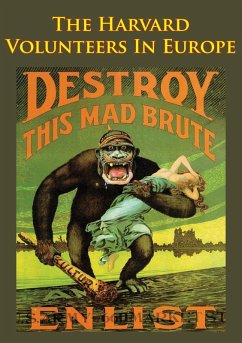

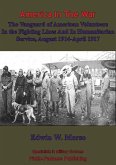
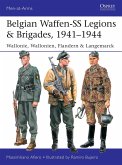
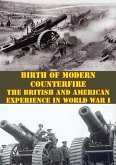
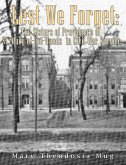

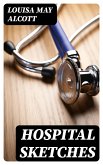
![War Nurse's Diary; Sketches From A Belgian Field Hospital [Illustrated Edition] (eBook, ePUB) War Nurse's Diary; Sketches From A Belgian Field Hospital [Illustrated Edition] (eBook, ePUB)](https://bilder.buecher.de/produkte/41/41519/41519691m.jpg)